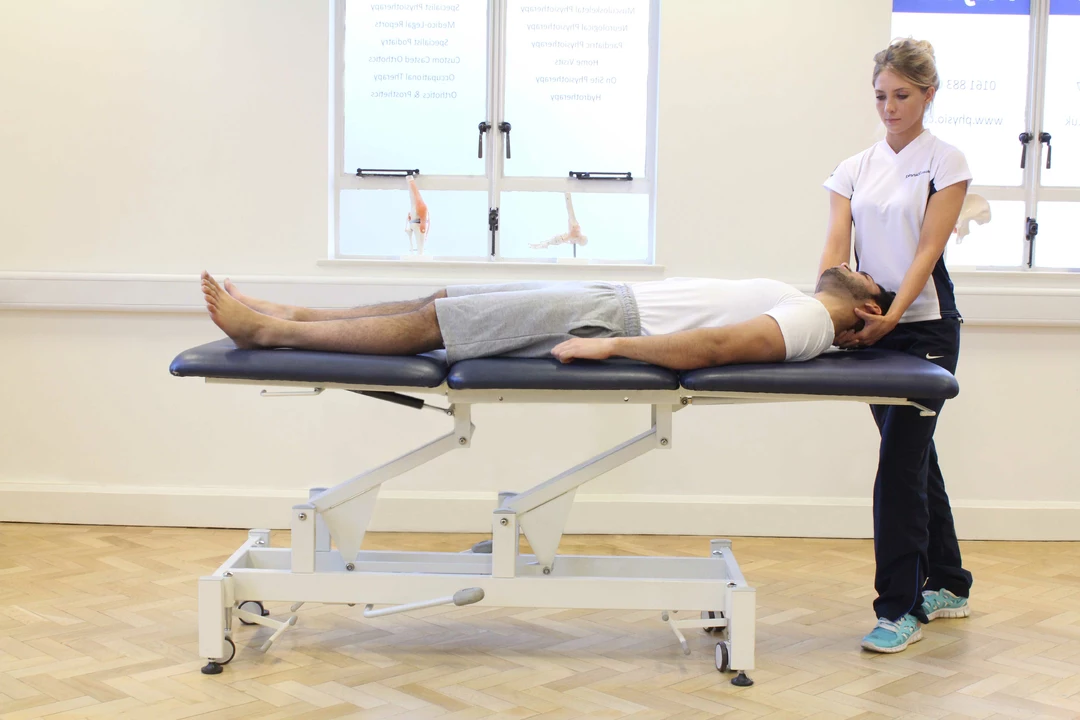Meniere's disease: what it feels like and what you can do
Ever had a sudden, room-spinning attack that leaves you dizzy, nauseous, and drained? That's the most dramatic part of Meniere's disease. It's an inner-ear disorder that causes repeated episodes of vertigo, hearing changes, tinnitus (ringing), and a feeling of fullness in the ear. Attacks can last minutes to hours and often come without warning.
How doctors diagnose it
If you suspect Meniere's, your GP or ENT will start with a clear history: how long attacks last, whether they affect one ear, and hearing changes between attacks. Expect an audiogram (hearing test) to check low-frequency hearing loss, and vestibular tests like ENG/VNG to assess balance. An MRI may be used to rule out other causes, like a tumor. Diagnosis is mainly clinical — patterns of hearing loss plus vertigo attacks point to Meniere's.
Everyday management and what helps
There’s no cure that fixes the inner ear permanently, but many people get good control with simple steps. Cutting back on salt often reduces fluid build-up in the ear, so a low-sodium eating plan is a common first move. Limiting caffeine, alcohol, and nicotine can lower attack frequency for some people. If salt control isn’t enough, doctors may try a diuretic to reduce inner-ear fluid.
Medications can ease symptoms during an attack. Anti-nausea drugs and vestibular suppressants (for example, meclizine) can reduce spinning and vomiting while the episode passes. For longer-term control, steroid injections into the middle ear can lessen inflammation and reduce vertigo in many patients. Hearing loss is managed with hearing aids, and vestibular rehabilitation (balance exercises) helps the brain adapt and cut down dizziness between attacks.
When symptoms don’t respond, surgical options exist. Procedures range from decompression of the endolymphatic sac to more invasive inner-ear surgeries that reduce vertigo but can affect hearing. These are last-resort choices after thorough discussion with a specialist.
Practical tips for an attack: sit or lie down in a safe, dark place; focus on a fixed spot if you can; avoid sudden head moves; slow your breathing; have someone help you if you feel unstable. Keep a symptom diary — note triggers, what you ate, stress levels, and how long attacks last. That diary helps your doctor fine-tune treatment.
When to call your doctor? Get urgent help if symptoms are unusually severe, last much longer than your typical attacks, or if you suddenly lose hearing. Also see a doctor if balance problems or dizziness start affecting work or daily life.
Meniere's is unpredictable, but many people learn which strategies and treatments work best for them. Talk openly with your ENT or audiologist, try small lifestyle changes first, and build a plan you can use when an attack starts.










